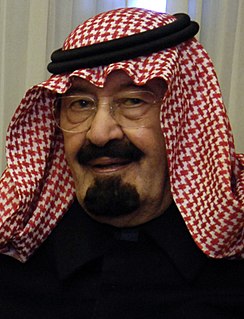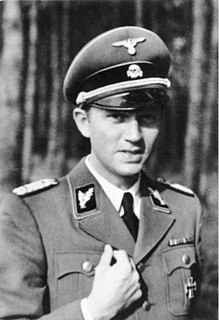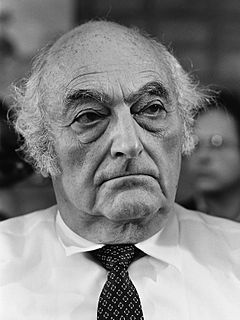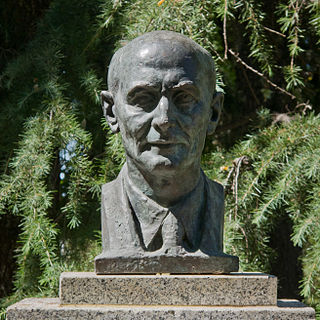A Quote by Victor Hugo
Civil war.... What did the words mean? Was there any such thing as "foreign war"? Was not all warfare between men warfare between brothers?
Related Quotes
How would you describe the difference between modern war and modern industry-between say, bombing and strip mining, or between chemical warfare and chemical manufacturing? The difference seems to be only that in war the victimization of humans is directly intentional and in industry it is "accepted" as a "trade-off." Were the catastrophes of Love Canal, Bhopal, Chernobyl, and the Exxon Valdez episodes of war or of peace? They were in fact, peacetime acts of aggression, intentional to the extent that the risks were known and ignored.
... there was the first Balkan war and the second Balkan war and then there was the first world war. It is extraordinary how having done a thing once you have to do it again, there is the pleasure of coincidence and there is the pleasure of repetition, and so there is the second world war, and in between there was the Abyssinian war and the Spanish civil war.
It's important to study and understand your responsibilities within any profession, but it's particularly important for military officers to read, think, discuss, and write about the problem of war and warfare so they can understand not just the changes in the character of warfare but also the continuities.




































